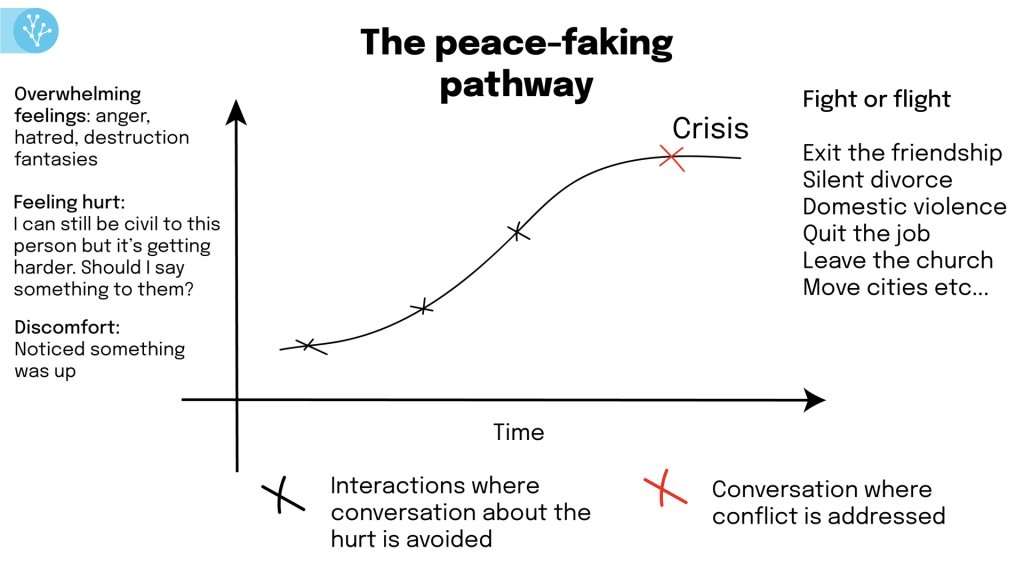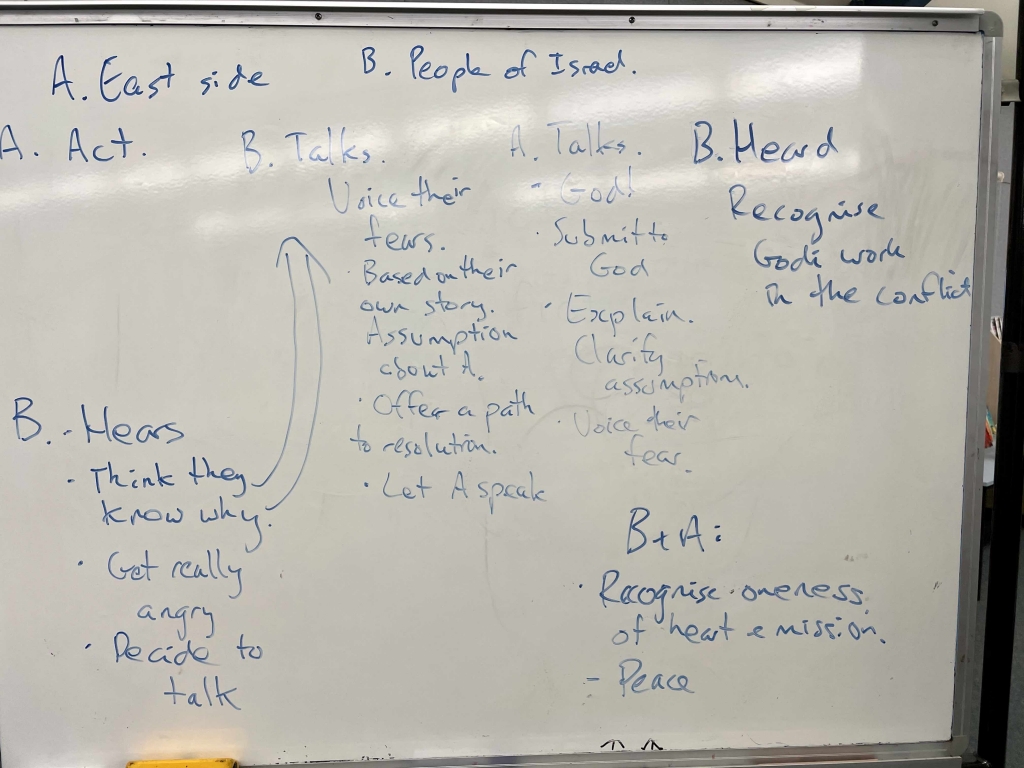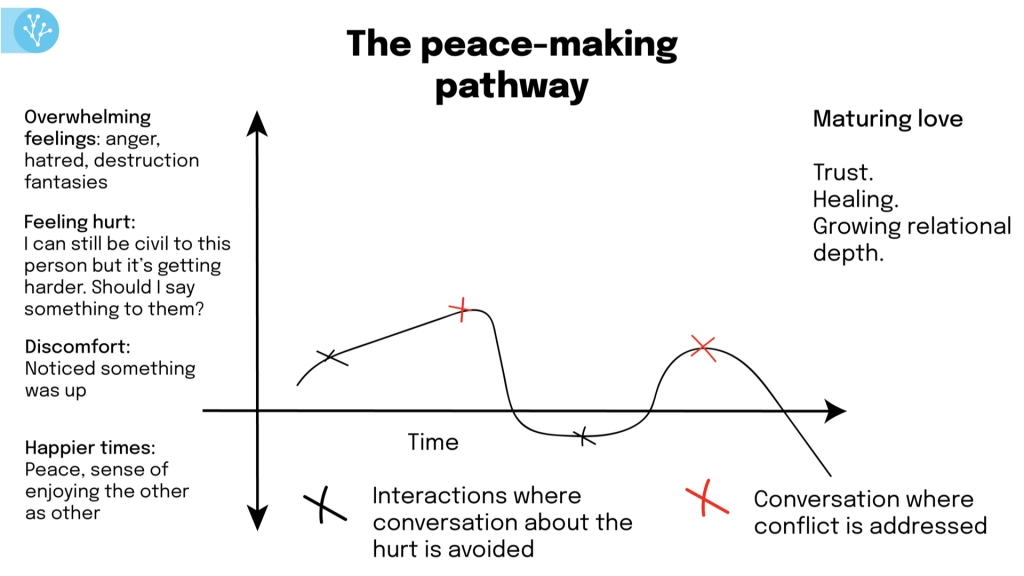This week, we talked about how to have that conversation.
Last week the National Anglican Family Violence Research Report was published. Two key findings deserve a great deal of attention: The prevalence of intimate partner violence among Anglicans was the same or higher than in the wider Australian community. The prevalence of intimate partner violence among church-attending Anglicans was the same or higher than among other Anglicans.
We’re doing this series, Tooling Up to Love because we know we need to grow up. Emotionally immaturity is having an extraordinary cost on our households across this country. According to Pete Scazzero you can recognise emotional children or emotional adults by these characteristics:
Emotional children
- Are content and happy as long as they receive what they want
- Unravel quickly from stress, disappointment, trials
- Interpret disagreements as personal offences
- Are easily hurt
- Complain, withdraw, manipulate, take revenge, become sarcastic when they don’t get their way
- Have great difficulty calmly discussing their needs and wants in a mature loving way
Emotional adults
- Are able to ask for what they need, want or prefer – clearly, directly, honestly
- Recognise, manage, and take responsibility for their own thoughts and feelings
- Can, under stress, state their own beliefs and values without becoming adversarial
- Respect others without having to change them
- Give people room to make mistakes and not be perfect
- Appreciate people for who they are – the good, the bad, the ugly- not for what they give back
- Accurately assess their own limits, strengths, and weaknesses and are able to freely discuss them with others
- Are deeply in tune with their own emotional world and are able to enter into the feelings, needs, and concerns of others without losing themselves
- Have the capacity to resolve conflict maturely and negotiate solutions that consider the perspectives of others
Core to our growth in emotionally maturity is what we do with conflict.
As Christians, we often settle for peace-faking rather than peace-making because we think God wants peace without truth.

Is there another way?
Joshua 22:10-34 presents a fascinating story of how to peace-make in a pretty extreme situation. We walked through the passage making observations as we went on Sunday. Here’s what the whiteboard of that conversation tells us:

(Read whiteboard left to right as it maps the process of reconciliation)
The peace making pathway is open to us as we submit ourselves to God and remain the humility, forgiveness and courage we find at the Cross where God gave himself for us to reconcile all things to himself.

